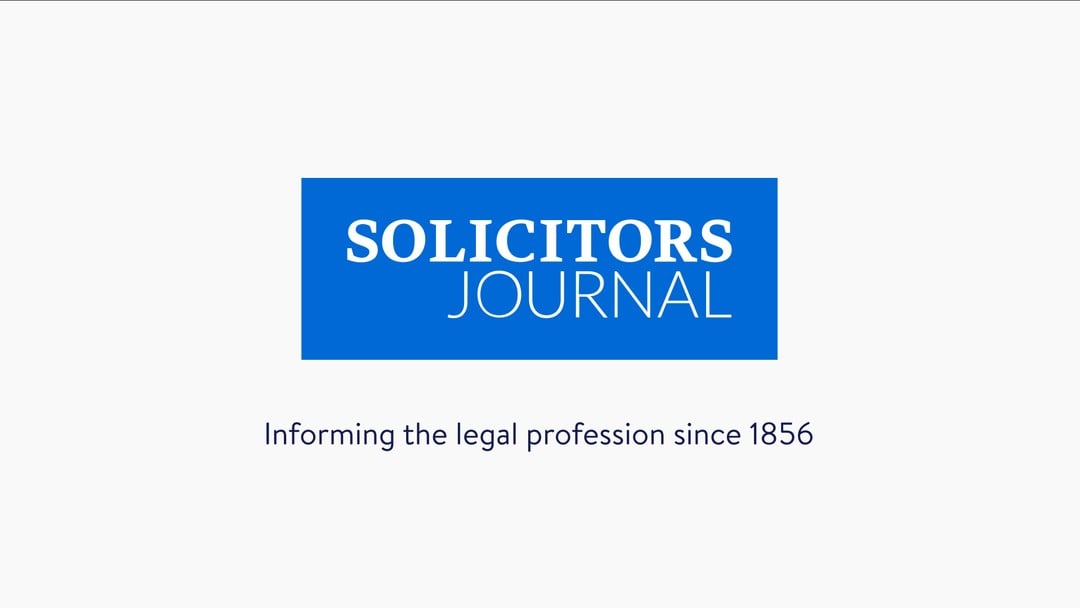Law firms warned against sharing information online

Private and confidential client information could be shared unwittingly, says Law Society
Sharing information with clients on social media platforms could put law firms at risk of unwittingly breaking confidentiality rules, the Law Society has warned in new online reputation guidelines for solicitors.
In its practice note published yesterday, Chancery Lane also issued guidance on appropriate online conduct and ways to build a client-facing online profile.
Law Society president Lucy Scott-Moncrieff said: 'Most law firms are now online and so are their clients, so online reputation matters.
'There is a whole generation who can't remember a time before the internet. When they need legal advice, they go online. In fact, a firm's website is often clients' first port of call. Facebook 'likes' and tweets also count.'
As online becomes a client's first experience with a firm, online reputation is increasingly becoming the main way in which a firm shapes its reputation.
It was important, the guidelines said, for solicitors to remember too that not all online communications thought to be private were, in fact, private.
Confidential, private information shared with you by clients online can be transmitted without any notification, the guidance says, warning, for instance, that Facebook's 'graph search' allows anyone to look up anything shared with you on the social media platform, and in turn anything you share.
Firms harnessing their brand online also ensure they can control and reply to any negative criticism or comments, says the practice note.
In an indirect reminder of the damage potentially caused by sites such as 'Solicitors from hell', the practice note continues that external websites can affect your reputation, making it important to be aware of what is being said online about your practice.
Firms whose reputation has been harmed online may seek action under defamation law, which applies to comments and communications made online. A business can request that any internet service provider removes unlawful material.
'You can be proactive in building a positive online reputation to counterbalance any negative content. If there are some fictitious reviews or unflattering pictures from the office party that you're not able to remove, that doesn't mean the game is over,' said Scott-Montcrieff.
Scott-Moncrieff added: 'Online is not a fad. It's business and may cost you business if you don't take it seriously.'

